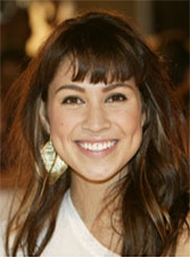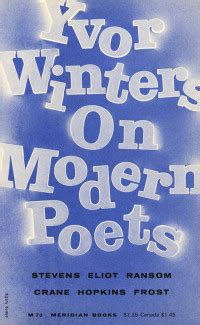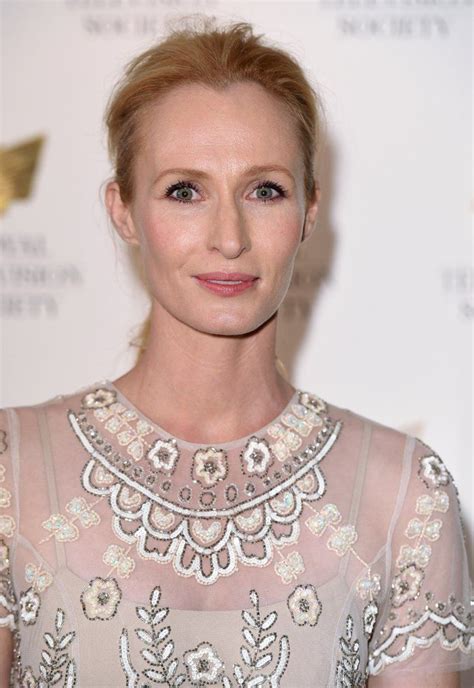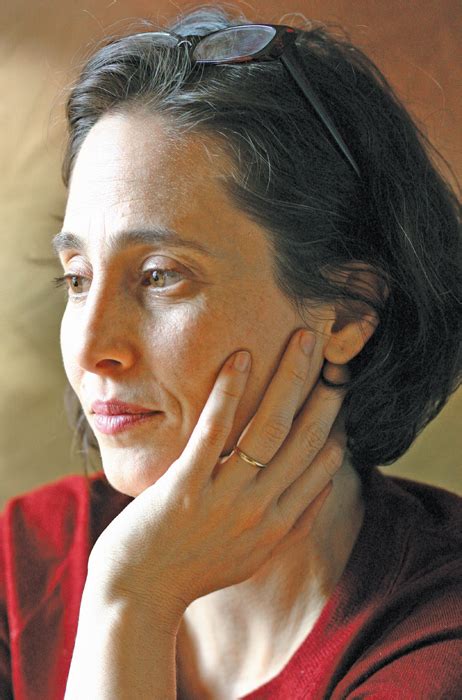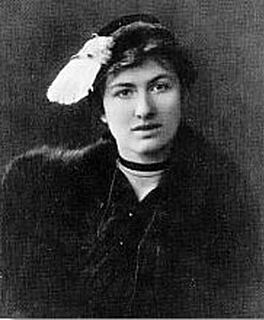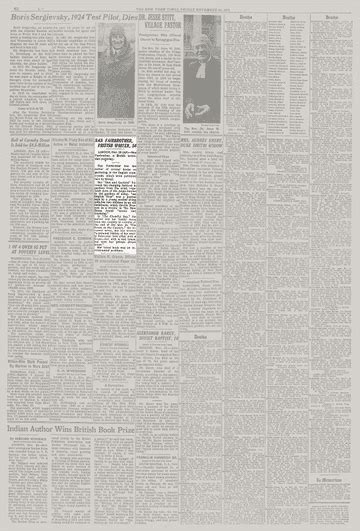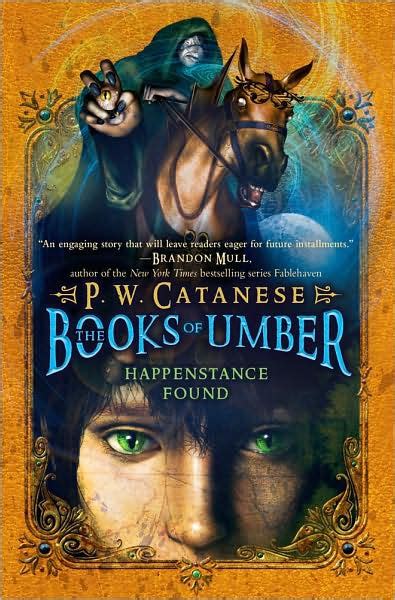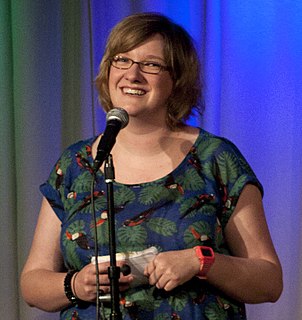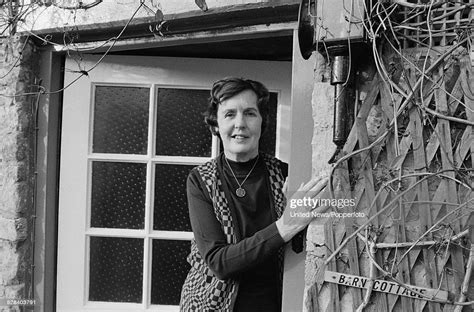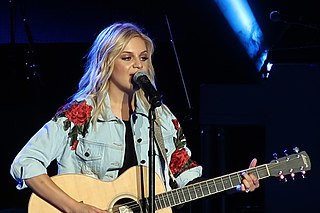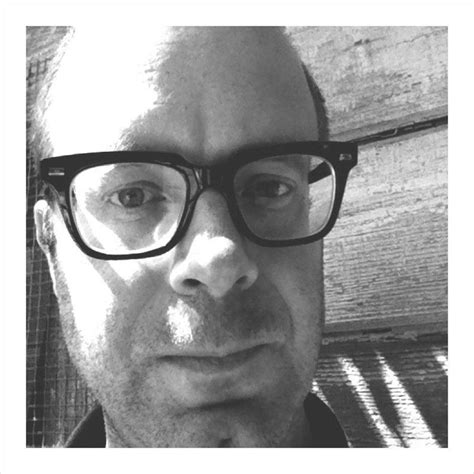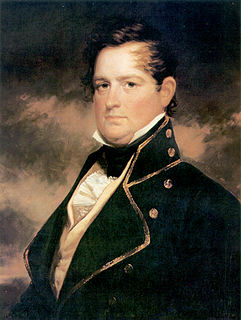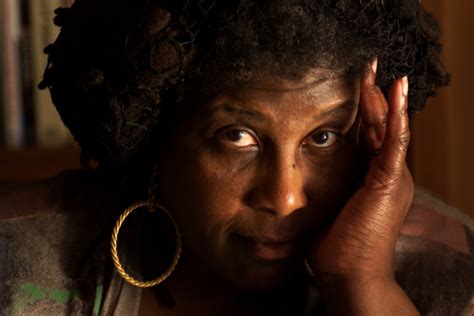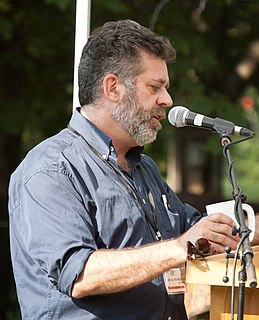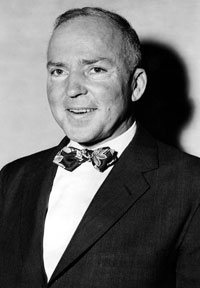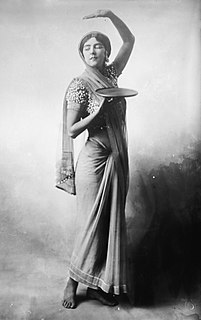Top 1200 Poems Quotes & Sayings - Page 18
Explore popular Poems quotes.
Last updated on December 12, 2024.
There are certain functions that a writer has to do. In a time of crisis, it is great to have heroic poems, as it was in the Irish Revolution. It's great to have great songs, because people need something to sing when they are marching. That's OK, but it should be on the side. It's not the ultimate thing.
The founding father of Albanian literature is the nineteenth-century writer Naim Frasheri. Without having the greatness of Dante or Shakespeare, he is nonetheless the founder, the emblematic character. He wrote long epic poems, as well as lyrical poetry, to awaken the national consciousness of Albania.
I've written some poems that are in the middle ground - who are in between very challenging and abundantly clear, but there's a tremendous investment in the challenging poem, and it's been going on so long that the whole infrastructure supporting it, a lot of critics and theorists and so on are deeply invested in maintaining that status.
